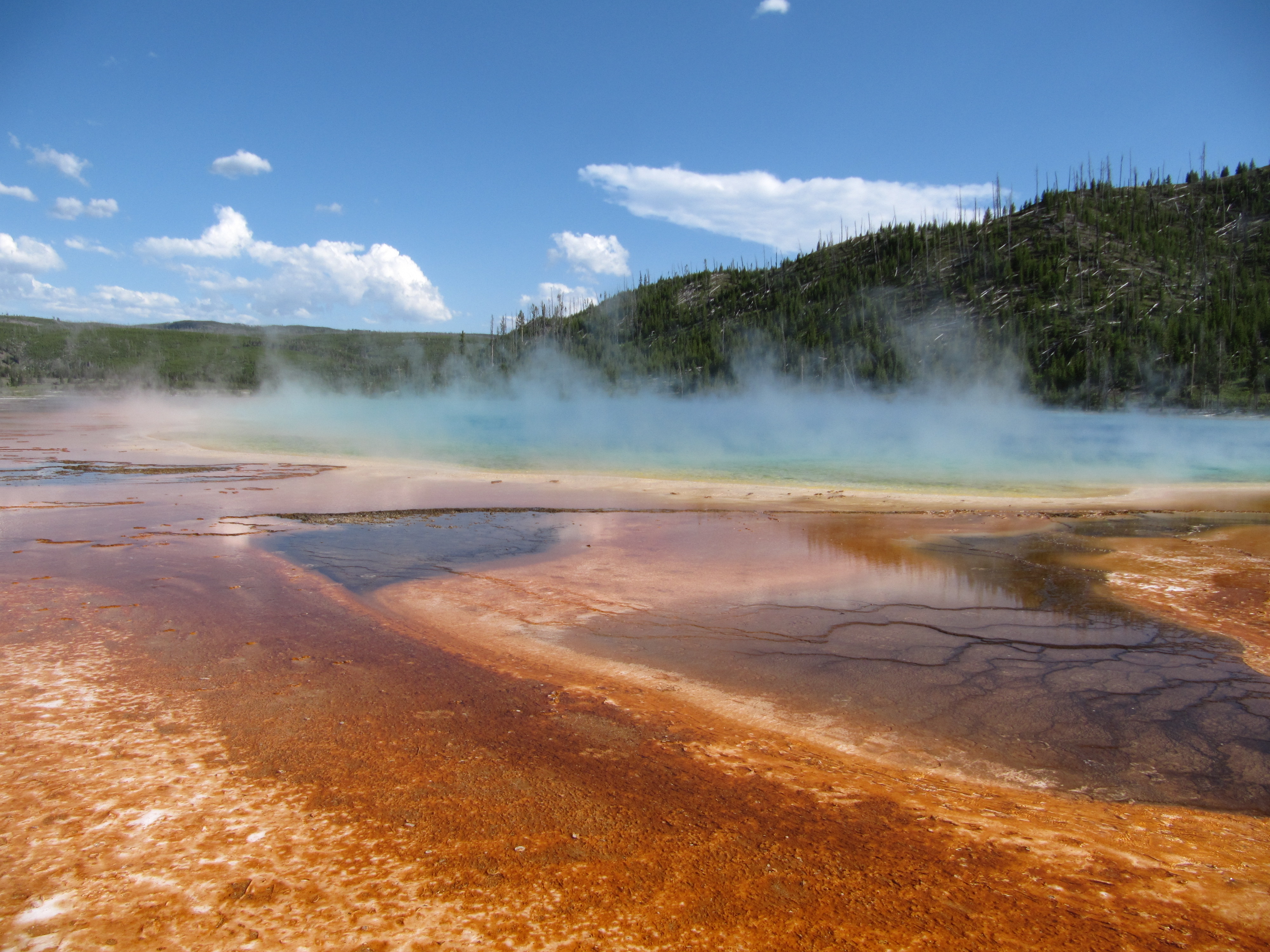Multiverse Musings: Does Inflation Imply a Change in the Laws of Physics?
I received a number of follow-up questions and comments regarding last week’s TNRTB on inflation. One specific inquiry concerning young-earth (YE) creationism and inflation intrigued me.
From my layman’s perspective—it seems like the “inflation” definition also supports the YEC models, which claim that the laws of physics on which modern science is based have not been constant from creation. All YEC models speculate that the speed of light (and the cosmic “speed-limit” which this imposes) was much faster in the early creation period, giving the universe an “illusion of age,” when it is really quite young. If “inflation theory” is right, who can say that the YEC model is incorrect, and that the light we observe from our observations of the heavens reflects an actual/true old age of the universe? Perhaps the answer to this dilemma is that the latest hypotheses are that “inflation” was limited to the initial 36 seconds after the big bang.1
As a general rule, YE creationists see inflation as an uncomfortable “add-on” to big bang cosmology. Although inflation solves a number of problems in big bang cosmology, its ad hoc nature makes the model less credible in their eyes. Consequently, they try to show how data falsifies inflationary models.
The above question asks whether inflation lends credibility to a standard YE claim that the laws of physics changed at least once in the history of creation (typically during the Fall and its judgment). If there were epochs where the universe expanded at faster-than-light rates, doesn’t the current, slower expansion rate imply that the laws of physics were different from what we observe today? The short answer is that inflation does not require any change in physical laws. Here’s why.
It merits discussion whether this faster-than-light expansion violates general or special relativity. After all, don’t general and special relativity impose a cosmic speed limit of the speed of light? The speed limit actually applies only to objects moving through space. It does not apply to how space itself behaves. Since the faster-than-light expansion describes how space behaves, nothing about inflation violates special or general relativity. But does the transition from ultra-fast inflation to slower expansion require changes in physical laws? To answer this question, let me begin with an illustration.
My family vacationed in Yellowstone this last summer. One of the more spectacular views in the park overlooks a large, colorful spring/geyser known as Grand Prismatic Basin (see below). The day we visited the site, steady winds had whipped up a large cloud of steam over the pool.

While the steam and pool both consist of H2O, they represent two different phases of this molecule. If you were to take steam and cool it down, it would undergo a phase transition as the gas molecules clump together to form a liquid. Similarly, further cooling would cause another phase transition as liquid crystallizes to form solid ice. Though the three phases of water look and behave very differently, the laws of physics dictate that the phase transitions occur as the water “decays” from a high energy state (higher temperature) to a low energy state (lower temperature).
Scientists describe inflation in similar terms. Inflation occurred as space-time resided in a high energy state while the expansion we see today occurs in a lower energy state. As the potential (energy difference between the high and low states) that drives inflation decayed into the lower state, the exponential, faster-than-light expansion happening during inflation gave way to the more modest expansion measured by cosmologists today.
The inflation-to-post-inflation transition is not the only dramatic change the universe has experienced. A transition from radiation domination to a matter-dominated universe occurred around 400,000 years after the big bang. Furthermore, the universe transitioned from matter-dominated to dark energy-dominated around six billion years ago.
These transitions bring dramatic changes in the behavior of the universe, but none of them require or provide evidence that the laws of physics governing the universe ever changed. Such a view comports well with the biblical description of a universe governed by constant physical laws.
If you would like to see a question about the multiverse addressed in this forum, send it to [email protected].
Endnotes
- Cosmology models posit that the inflation epoch ended within the first 10-34 seconds after the big bang.




